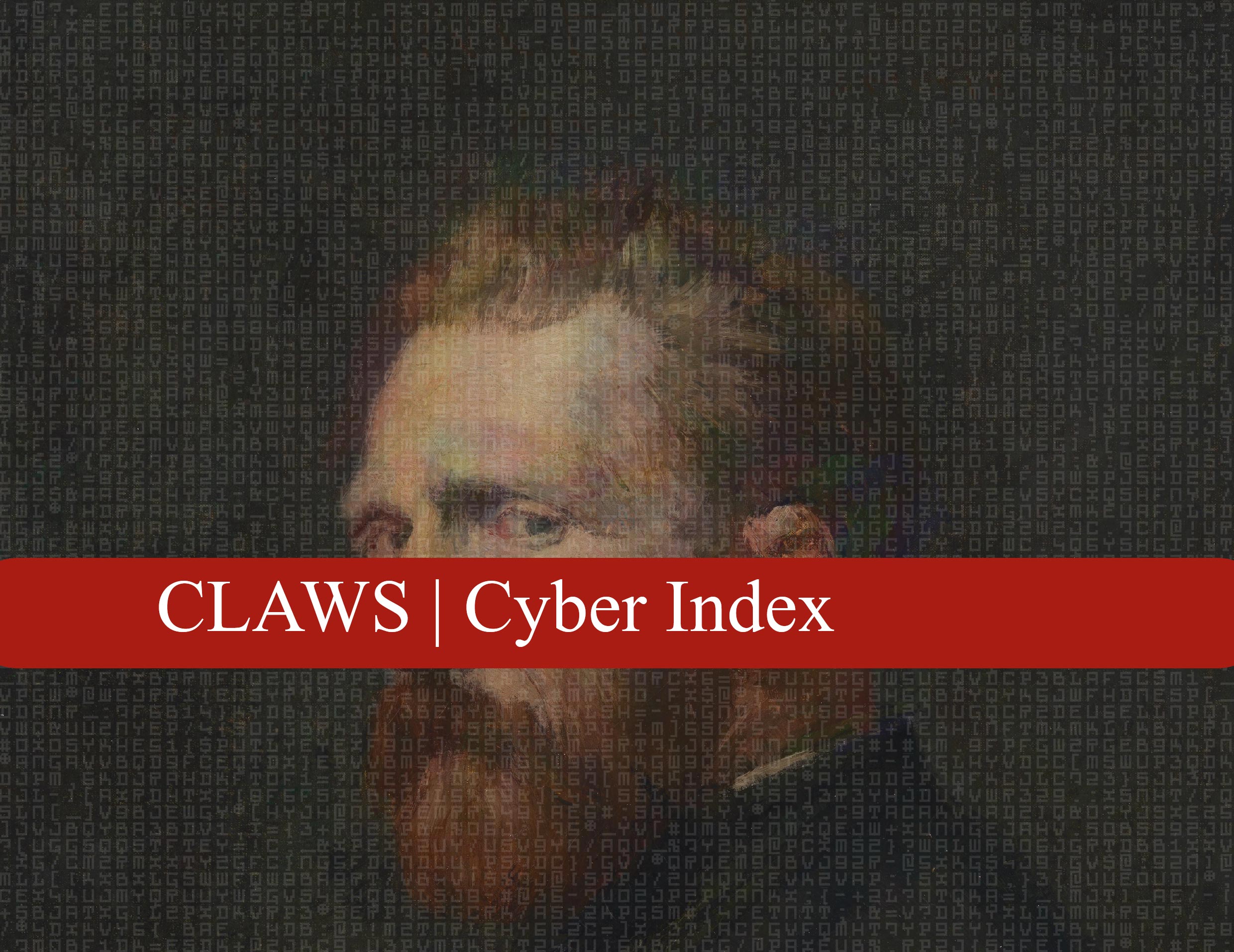
CLAWS Cyber Index I Volume I I Issue 05
As the digital world expands, so do the legal grey zones that affect those working to improve it. Around the globe, anti-fraud and cybersecurity laws are being used not just to stop hackers, but sometimes, unintentionally, to muzzle researchers. In the U.S., laws like the Computer Fraud and Abuse Act (CFAA) and the Wire Fraud Statute have vague wording that risks criminalising ethical computer science research. Across the pond, the UK’s Computer Misuse Act has similarly drawn fire for stifling innovation. Germany, France, and even India have faced debates about whether current frameworks sufficiently distinguish between criminal intent and academic inquiry.
This edition of the Cyber newsletter dives into how anti-fraud laws in various countries clash with the goals of open science and ethical hacking. Can legal systems evolve to better protect good-faith researchers? Or will fear of prosecution continue to cast a shadow over important work in cybersecurity, algorithmic bias, and internet transparency?















